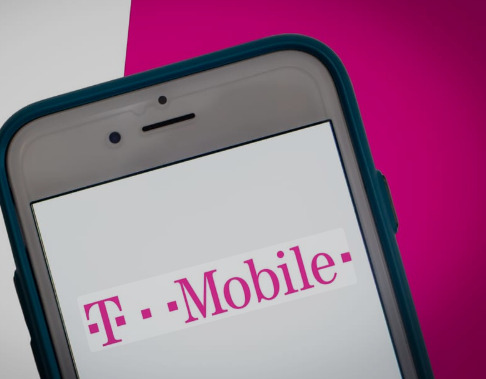A text message from the short code 2513 is a legitimate security notification from T-Mobile, which contains a one-time verification code needed to authorize access to your account. This message is a key part of T-Mobile’s two-factor authentication (2FA) process, designed to protect your personal information.
This article will explain exactly what the T-Mobile 2513 short code is used for, how to use the code safely, and the crucial steps you must take if you receive a code you did not request.
What is the T-Mobile 2513 Short Code Used For?
The short code 2513 is used exclusively for T-Mobile account security and identity verification. It is an automated system that sends a temporary, single-use code to the phone number on file when a sensitive action is performed on your account.
You can expect to receive a text from 2513 in the following situations:
- Logging in to your My T-Mobile account online or via the T-Mobile app.
- Resetting your password or account PIN.
- Making significant changes to your account, such as changing your plan or adding a new line.
- Contacting T-Mobile customer service, where an agent may send a code to your phone to confirm they are speaking with the account owner.
- Accessing your account from a new device or browser for the first time.

Is the Text from 2513 a Scam?
No, a text message that originates directly from the short code 2513 is a legitimate and safe communication from T-Mobile. It is a tool used to protect you. However, how you react to this message is critical for your security.
The danger is not the text itself, but the possibility that someone else triggered it.
What to Do If You Received a 2513 Code You Didn’t Request
Receiving an unsolicited verification code from 2513 is a major security red flag. It means that someone else has your password and is actively trying to break into your T-Mobile account at that very moment.
If this happens, follow these steps immediately:
- Do NOT share the code with anyone. Never read it back to someone on the phone, even if they claim to be from T-Mobile. This is how scammers complete their unauthorized access.
- Immediately go to the official T-Mobile website (T-Mobile.com) by typing it directly into your browser—do not use any links from emails or other text messages.
- Log in and change your account password to something new, strong, and unique.
- For added security, it is also highly recommended that you change your account PIN.
- Review your recent account activity for any changes you do not recognize.
Can You Stop Texts from T-Mobile 2513?
No, and you would not want to. It is not possible to opt-out of or block messages from 2513, as it is a core security feature of your T-Mobile account.
These are considered transactional, on-demand messages, not promotional texts. Blocking this number would prevent you from being able to log in to your own account, reset your password, or verify your identity when you need to, effectively locking you out of managing your own service.
Frequently Asked Questions
Why did I get a T-Mobile 2513 text at night?
Receiving a verification code at an odd hour often means an unauthorized person, possibly in a different time zone, is attempting to access your account. You should treat this as an urgent warning to immediately log in and change your password.
Can I text the 2513 number back for help?
No. The 2513 short code is an automated, one-way system designed only to send out codes. It does not accept replies and is not monitored by customer service agents.
Does the T-Mobile 2513 code expire?
Yes. For security reasons, these one-time passcodes are time-sensitive and will typically expire within 5 to 10 minutes after being sent.
Is 2513 used by Metro by T-Mobile or other carriers?
The 2513 short code is primarily associated with T-Mobile postpaid accounts. Other T-Mobile brands, like Metro by T-Mobile, or other carriers like AT&T and Verizon, use different short codes for their security alerts.
Conclusion
In summary, the T-Mobile 2513 text is a vital and legitimate security feature used to send you verification codes. When you initiate an action like logging in, using the code is safe and necessary. However, if you ever receive a code unexpectedly, treat it as a serious alert that your account is at risk. Never share the code, and take immediate action to change your password and secure your T-Mobile account.


